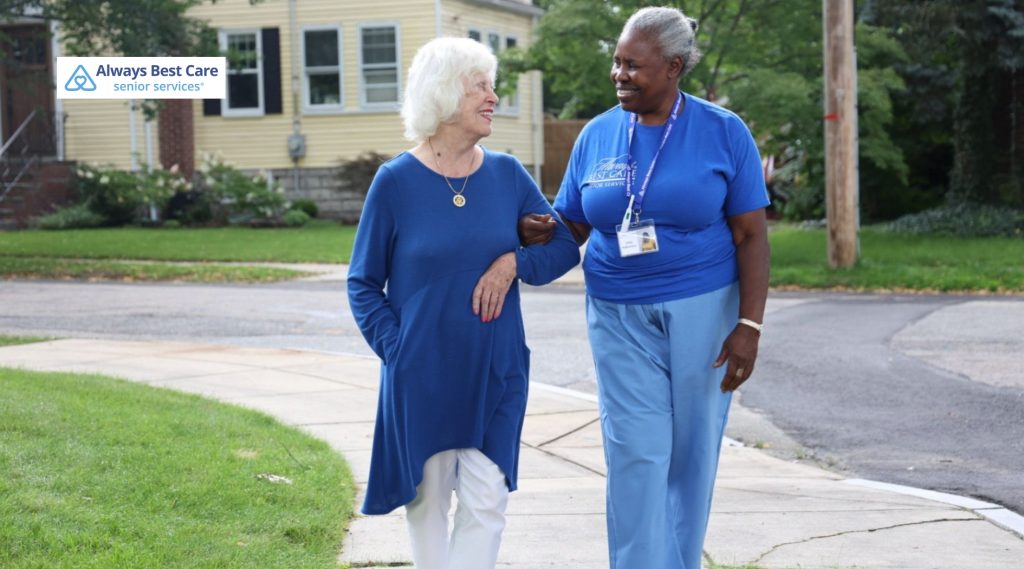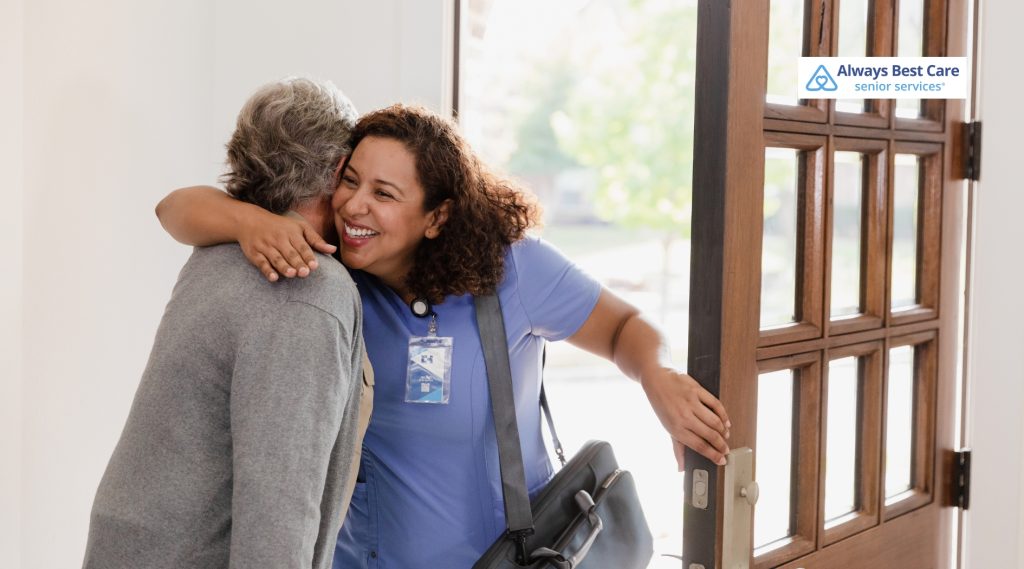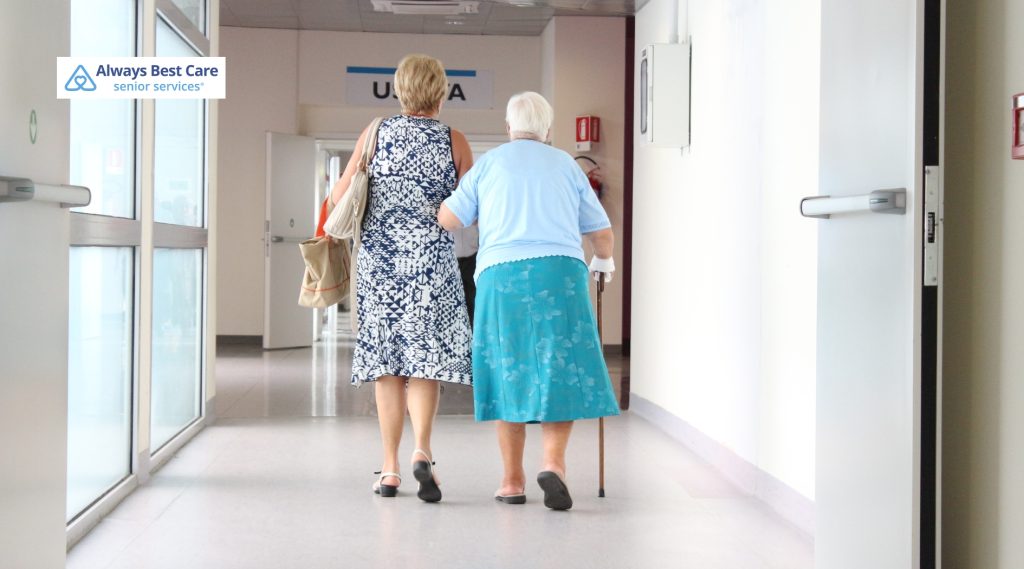Is It Time? Spotting the Signs to Consider Hospice Care in Cypress, TX

Nobody wants to think about hospice until life leaves us no choice. When someone close to us is battling a serious illness, making the call on their care is enough to keep us up at night. Still, the truth is, hospice isn’t about waving a white flag—it’s about wrapping your loved one in comfort and dignity when they need it most. At Always Best Care of Cypress, we know these choices aren’t easy, and we’re here to help you recognize when it might be time for hospice care.
What you will learn:
- What hospice care is and how it focuses on providing comfort, dignity, and peace for those with life-limiting illnesses.
- The physical, emotional, and behavioral signs that may suggest it’s time to consider hospice care for your loved one.
- How to start the conversation about hospice care with your loved one, and why addressing it early can improve their quality of life.
- The range of services hospice provides, from pain management to emotional support, and how Always Best Care of Cypress can assist every step of the way.

Table of Contents
What Is Hospice Care—And Why Consider It?
Hospice care focuses on quality of life rather than curing the illness. It’s for folks with life-limiting conditions who want relief from pain and stress, plus emotional and spiritual support for both themselves and their families. The care can happen at home, in a facility, or even in a dedicated hospice center—whatever feels right for your family.
Contrary to common myths, hospice doesn’t mean less care. In fact, it often means more support, with a team rallying around your loved one to keep them comfortable and respected, every single day.

Physical Signs It Might Be Time for Hospice Care in Cypress, TX
Some signs just can’t be ignored. If your loved one shows several of these, it’s probably time to start talking to hospice with their doctor:
- Frequent hospital or ER visits: More trips than you can count in recent months?
- Major weight loss: Dropping pounds with no sign of improvement.
- Breathing troubles: Struggling for air, even when resting, or needing oxygen.
- Pain that’s tough to control: Medications don’t seem to cut it anymore.
- Recurring infections: Getting sick often, and bouncing back slower each time.
- Reduced mobility: Needing help just to get out of bed or move around the house.
- Daily activities are a struggle: Bathing, dressing, or eating without help feels impossible.

Emotional and Behavioral Clues
Physical health isn’t the only story. Sometimes, the emotional toll speaks just as loudly. Watch for:
- Pulling away from friends and family: Choosing sleep or solitude over conversation.
- Losing interest in favorite pastimes: Hobbies and routines just don’t matter anymore.
- Emotional ups and downs: More anxiety, fear, or sadness than usual.
- Confusion or disorientation: Moments where reality seems fuzzy or out of reach.
These changes aren’t just about the illness—they show how deeply it’s affecting your loved one’s spirit.
Medical Triggers: What the Doctor Might Say
Sometimes, the writing’s on the wall from a medical perspective:
- Terminal diagnosis: Prognosis of six months or less.
- Curative treatment isn’t working, or has been stopped due to tough side effects.
- Focus has shifted: From “how long” to “how well”—comfort and dignity take center stage.

Why Choose Hospice Care with Always Best Care of Cypress?
Here’s what your loved one gains when you pick hospice care:
- Top-notch pain and symptom management: No more suffering in silence.
- Emotional and spiritual support: For everyone, not just the patient.
- 24/7 access to help: Call day or night for urgent needs.
- Respite care: Family caregivers get a breather without guilt.
- Expert advice: Guidance on planning and making tough decisions.
At Always Best Care of Cypress, we’re in your corner, making sure every detail is handled with compassion and respect.

How to Start the Hospice Conversation
Talking about hospice isn’t easy, but it doesn’t have to be a showdown. Try these tips:
- Pick a peaceful time: Avoid distractions, turn off the TV, and sit down together.
- Ask about their wishes: Listen more than you talk.
- Speak gently: Use words like comfort and dignity, not defeat.
- Loop in the doctor: They can answer medical questions and clear up doubts.
Don’t Wait Too Long
Dragging your feet can mean missing out on days—sometimes weeks—of better comfort. Hospice care isn’t about giving up; it’s about giving your loved one the chance to spend their final months with peace, surrounded by family and free from needless pain. In some cases, folks even live longer because they’re less stressed and more comfortable.
At Always Best Care of Cypress, we’re ready to walk this path with you—every step of the way.
FAQ
Q: What exactly does hospice care provide?
A: Hospice care offers pain management, emotional and spiritual support, help with daily tasks, and 24/7 access to professionals who know how to keep your loved one comfortable.
Q: Can hospice care happen at home?
A: Absolutely. Many people prefer to receive care in the comfort of their own homes, surrounded by familiar faces and things.
Q: Does hospice mean giving up on my loved one?
A: Not at all. It means focusing on their comfort and dignity, making every day count.
Q: Who pays for hospice care?
A: Medicare, Medicaid, and most private insurance plans cover hospice services, so finances shouldn’t stand in the way.
Q: How do I know it’s really time?
A: If you’re seeing several signs—declining health, emotional withdrawal, uncontrolled symptoms—it’s probably time to have a frank talk with your doctor and Always Best Care of Cypress.

Ready to Provide Comfort and Dignity? Contact Always Best Care of Cypress for Compassionate Hospice Support
Recognizing when to consider hospice care isn’t about surrendering hope—it’s about embracing comfort, dignity, and those irreplaceable moments together. At Always Best Care of Cypress, we’re here to help you make the right call, offering clear guidance and heartfelt support. If you’re seeing the signs, don’t wait—reach out today and let’s ensure your loved one’s journey is filled with care, compassion, and peace.
Contact Always Best Care of Cypress at (281) 246-0080 to learn more and schedule your free consultation.





